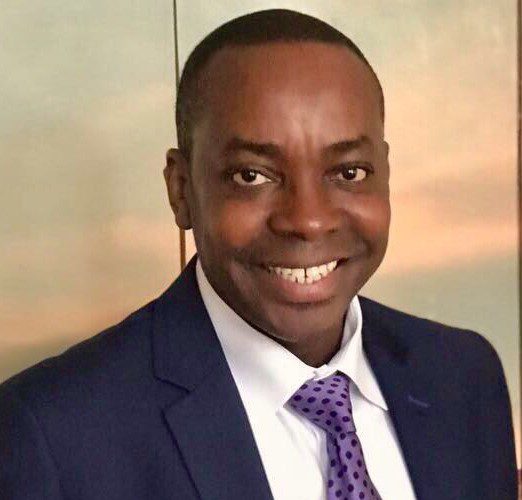Democracy & Governance
The Pedagogy of The Last Presidents In Nigeria -By Tony Osakpamwan Agbons

In the six-decade of nationhood, Nigeria has had its fair share of highs and lows that requires sober reflections. When the British Union Jack was lowered for the last time before midnight on 1st October 1960 and replaced with a new Nigerian flag of Green-White-Green, there was high optimism for a new, lush, peaceful, and prosperous nation. Nigeria was poised to lead Africa in commerce, trade, and politics.
This optimism was cut short, six years later, by Nigeria’s first military coup d’état, on 15th January 1966. The misdemeanor by politicians of that era was a major factor. The debate about whether they had enough time to learn from their mistakes rages on. What defined the first decade of Nigeria’s independence was political instability, infighting, and then a bloody civil war between 1967 and 1970. By the end of the civil war, over two million Nigerians in the Southeast lost their lives. Post-civil war, the swan song was the rebuilding of a new country and healing of the wounds of the bloodbath.
As a young child growing up and till this moment, there is a reflection on the complaints of generations of Nigerians about governments – be it civilian or military, bar the regime of Late General Murtala Ramat Muhammed. For Murtala Muhammed, the shortness of his tenure may have saved him the blushes and the usual honeymoon period was still on. Growing up, screams of “Yakubu Gowon is not good filled the air. General Olusegun Obasanjo and Alhaji Shehu Usman Shagari are bad. Major-General Muhammadu Buhari and Brigadier Tunde Idiagbon are too high-handed. General Ibrahim Badamosi Babangida is a skimmer. President Obasanjo is a bully, President Goodluck Jonathan is too soft and now President Buhari is not it”. This has always been our template. As a people, we have never failed to point accusing fingers at Presidents. They come into office heralded but their approval ratings wane in less than one year.
The question in the mind of analysts has always been how and why former Presidents are often praised to high heavens two or three years after they leave the office. As we speak, the Otuoke Prince and former President Goodluck Ebele Jonathan who was heavily vilified while at the helm of affairs of the nation is now the darling and toast of many Nigerians. This is happening barely five years after he left the saddle. Many are even sounding out the former President to stage a comeback in the next 2023 elections. What a turnaround in fortunes! The story was the same with President Obasanjo who received `fire and brimstone` and described as an `Imperial Lord` while in Aso rock. President Obasanjo also became a shiny armour of been a firm and strong leader when Goodluck Jonathan was superintending over the nation. The latter was viewed as too weak and not affirmative enough to lead the nation.
Analysts contend that Nigeria never put forward its best to ascend its highest office. In a recent television interview, following the insensitive increase (just after the covid-19 lockdown) in the price of electricity by the current government, Dr. Mahdi Shehu, a stalwart of the ruling party, All Progressives Congress (APC) said inter alia; “I am happy that Buhari got to be president. Had he not become president and died, he would have been elevated to Islamic sainthood and his grave would have become a pilgrimage site”. The import of this statement is an appalling measurement of how President Buhari’s government is performing. However, as abysmal as the incumbent President, Muhammadu Buhari has performed, don`t be surprised if his praise-singing begins in 2025 barely two years after he leaves office. Lightening sure knows how to strike twice in the Nigerian polity.
The persistent scenario of our last President is better is a reflection of where we are as a people. It is an indication of a systemic and fundamental failure in our political evolution and leadership choice. Again, 2023 is coming and it is time for us as people to wake up to reality. We cannot keep doing the same thing and expect a different result. Like a teacher introducing a new lesson, the Nigerian people must henceforth pick its objectives and methods carefully with a plan, diligence, and unwavering resolve. This way we can guarantee that whoever emerges as the Captain of the Ship of the Nigerian State is the best of the best and capable of taking the country to the proverbial phoenix.
Dr. Agbons writes from the United Kingdom.









